What is the safest antipyretic medicine
The weather has been volatile recently. Children with respiratory infections have increased, and many children with asthma have also relapsed. Parents are very nervous when they meet a child with a fever. When choosing antipyretics, which antipyretics is the safest? How to use them? Here are some of our commonly used antipyretics. Parents can refer to them selectively.
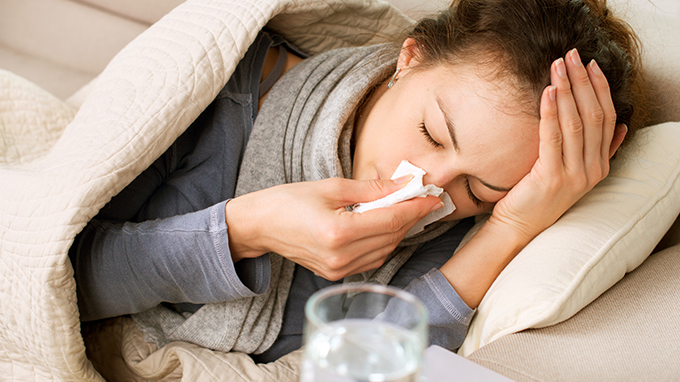
But note that fever is not a disease, It is a symptom, do not blindly reduce fever, find the cause of fever; fever does not necessarily mean serious illness, fever does not necessarily mean disease recovery. Children who have a fever, mental health, and young age should still go to the hospital for examination and do not handle it blindly.
Acetaminophen (also known as paracetamol), the trade names are: Tylenol, Baifuzheng, Anjiare and so on.
10-15 mg/kg body weight/time, although the fever reduction effect is fast, but the temperature control is shorter than other drugs, the average control time is about 2 hours. However, it has relatively few side effects. No irritation to gastrointestinal tract, no effect on coagulation function. Paracetamol has no gastrointestinal reactions, platelet function effects, granulocytopenia, etc., which are common to other antipyretic analgesics, and has no nephrotoxicity, so it is highly safe. It is currently widely used in the world. Children under the age of old are accustomed to use this medicine.
However, it should be noted that the drug has a significant dose dependence, that is, the effect increases with the dose, so it is necessary to prevent excessive application of this drug will cause liver damage.
Ibuprofen: The trade names are: Merrill Lynch, Tian Qian, Chen Gong Zai Xin, etc.
This medicine and acetaminophen are recommended by the World Health Organization for children Both antipyretic drugs are relatively safe drugs. The dosage: oral administration 5~10mg/kg body weight/time, once every 6~8 hours.
Features: The fever is stable and lasting, and the duration of fever can be up to 8 hours.
has little effect on gastrointestinal irritation and platelets. And it has a higher fever reduction effect on high fever (above 39 degrees) than paracetamol, which lasts longer, and the average fever reduction effect is 4 to 6 hours.
Main side effects: mild gastrointestinal reaction, increased transaminase, and even can affect blood coagulation function. It occasionally encounters reversible kidney damage under conditions of dehydration, low blood volume, and low cardiac output. Overdose may have central nervous system suppression, seizures, etc. Therefore, clinically, the drug is mostly used in children with fever over 3 years old.
Nimesulide is a new type of non-steroidal anti-inflammatory, analgesic and antipyretic drug developed and marketed successfully in Italy in 1985. Although there are reports in the literature comparing nimesulide and ibuprofen, the outstanding advantage is that there are fewer digestive system adverse reactions, but more and more literature reports that the application of nimesulide has caused severe liver damage. 2002~2005, Spain, Turkey, Ireland has withdrawn the drug from the market. In June 2011, China''s State Food and Drug Administration issued a notice, specifically requiring children under 12 years of age to prohibit the use of Nimesulide. At present, there are still sales in the Chinese market, and there are still some parents who blindly buy this medicine without knowing the situation.
Aspirin: clinically, it is no longer used for antipyretics, only for some special diseases such as: Kawasaki disease, etc. Since the 1970s, medical scientists found that the disease can cause children Reye''s syndrome (mainly showing liver function damage, jaundice, central nervous system symptoms, and kidney damage.) In addition, aspirin can cause gastrointestinal irritation, prolong bleeding time, and allergic reactions.
Analgin: Due to its obvious adverse reactions, Analgin has been used less in recent years. The drug was withdrawn from the US market in 1977. Currently, 27 countries have banned or restricted Analgin. However, some small clinics are still used by children. Parents should pay attention.
At present, antipyretics are mainly tablets, aqueous solutions and suspensions (drops), and intravenous and intramuscular injections are rarely used. At present, lysine is used in clinical practice.
This medicine is a compound salt of lysine and aspirin. It can be used for intravenous and intramuscular injections. It has a rapid onset of effect, good efficacy, and can be avoided. Oral aspirin and ibuprofen stimulate the gastrointestinal tract. The medicine has strong antipyretic effect, fast onset, mild and long-lasting effect and few side effects, and can be used as a common medicine for pediatric fever. However, long-term application may induce Reye''s syndrome, and some may induce anaphylactic shock and severe attacks of asthma.
Therefore, in general, we recommend that parents choose acetaminophen or Merrill Lynch according to age.
In fact, the safest antipyretic medicine is water. If your child has fever, if he can pay attention to replenish the child with the lost water, the child''s high fever can be greatly reduced. Once again remind: fever is only symptomatic treatment, usually, when the child exceeds 38.5 degrees (except for children who are shocked), the use of physical cooling is not effective, the doctor recommends the use of fever medicine.
Related Articles
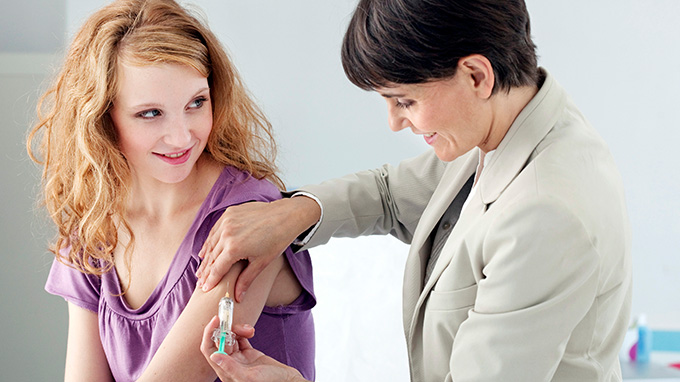
- How to deal with wounds in life
- In daily life, it is inevitable that skin wounds are caused by trauma due to various reasons. If we know how to properly handle such wounds, we can avoid unnecessary microbial infections,
- 2020-08-03
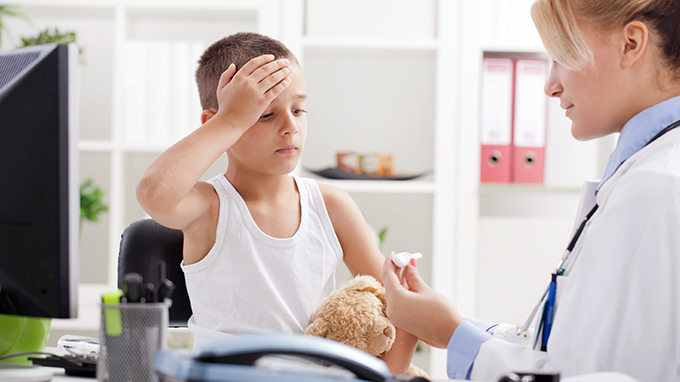
- If the fever is gone, will the child be ill?
- Recently, one of my articles caused a lot of "repercussions", and also caused a lot of panic to parents. I’m very sorry. At present, I am afraid that the one who hates me most is t
- 2020-08-02
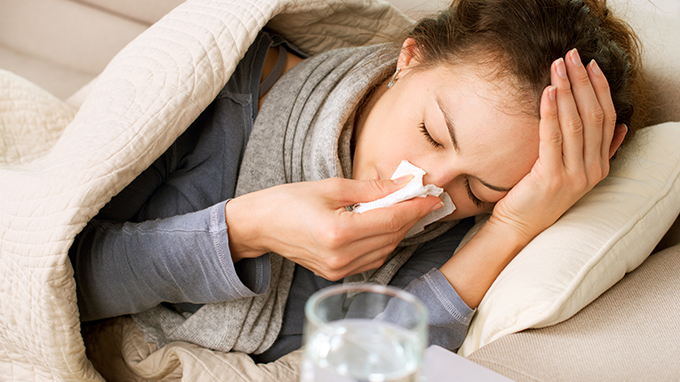
- What to do if the child has a fever
- Fever is not a disease, it is only a symptom, and do not rush to give your child antipyretics unless the temperature is greater than 38.5 degrees.
- 2020-08-01

- What to do if you swallow coins
- I went to the outpatient clinic the day before yesterday. I received a child who swallowed coins. Three days ago, after the children swallowed coins while playing with coins, the coins wer
- 2020-08-01
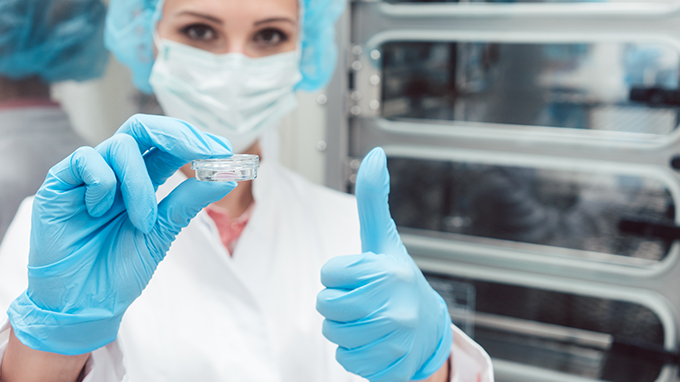
- What is the situation when the child is ill
- This morning, I met a few children who had been treated for a long period of severe abdominal pain, and there were a few children who requested health checkups during the holidays. When I
- 2020-08-01

- Leg pain is not only an orthopedic disease but also a venous thrombosis of the lower extremities
- Generally speaking, most patients with leg pain are referred to the orthopedics clinic, and the doctor will diagnose the disease through examination. But not all leg pain is orthopedic. Th
- 2020-08-01
